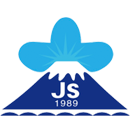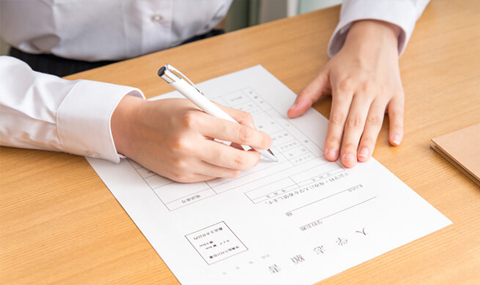▏Information on daily life
Here you will find all the information you need for your daily life in Japan.
Clothing
There are four seasons in Japan. In spring you can wear a long-sleeved shirt and long trousers, but on some days it is better to wear a thin outer layer. In summer, short sleeves are fine, but you will need a raincoat as it rains a lot. In autumn, short sleeves are fine at first, but as it gets colder, you will need long sleeves. In winter you will need a coat, gloves and other warm clothing.
Food
The area around Mizue Station, where the Jishugakkan is located, is full of restaurants and food shops from all over the world, so you will have no trouble finding a meal. There are also many fast food restaurants and convenience stores where you can have a meal for as little as 500 yen.
Residence
Rent is expensive in Tokyo, but even in Tokyo, if two or three people live together, the rent can be reduced to around 30,000 yen per person. If you have an older student or friend who already lives in Japan, you can ask them to let you stay in the same room.
Transport
The main means of transport used by international students is the train. They use it to get from their residence to school or to their part-time job. Trains in Japan are very punctual and convenient.
Illness or injury
Students entering the country on a student visa are required to join the National Health Insurance scheme. If you join the National Health Insurance scheme, you will be able to pay 30% of the medical costs incurred for treatment of illness or injury. You should also get a medical certificate from the hospital if you become ill or injured which requires a long break.
Emergencies
The following telephone numbers are necessary in case of emergency. Please make sure you remember them.
When you call the police, make sure you give your name and address clearly.
Police -- 110 (no area code)
Fire, Rescue, Ambulance -- 119 (no area code)











